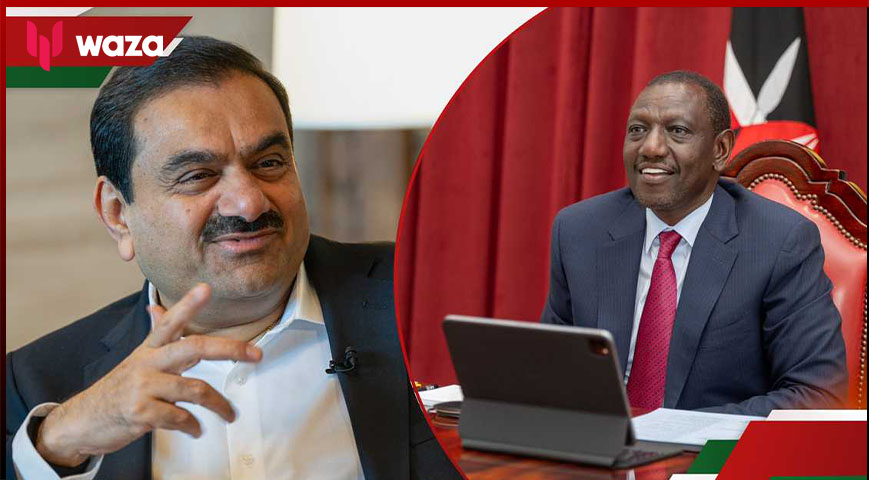The name "Adani" was relatively unknown in Kenya until March this year, when the Indian conglomerate submitted an unsolicited proposal to the Kenya Airports Authority (KAA) to develop and expand Jomo Kenyatta International Airport (JKIA). The project was pitched under a Public-Private Partnership (PPP) model using the Build, Operate, and Transfer (BOT) approach.
The now-canceled Adani deals were finalized with extraordinary speed and secrecy, sparking significant public criticism. Within just 17 days, Adani proposed a Ksh.260 billion plan to modernize JKIA. This included refurbishing existing facilities, constructing a new apron, upgrading the taxiway system, and adding two rapid exit taxiways, all set to be completed by 2029 in phases.
In exchange, Adani would operate the airport for 30 years, assuming control over nearly all functions currently handled by KAA. The agreement granted Adani authority over airport operations, including hiring and firing staff.
Did you read this?
However, even before implementation began, concerns arose over the transparency and fairness of the deal. Critics argued that Kenyans had been shortchanged by the Indian investors, leading to protests and strikes by disgruntled KAA employees, which disrupted airport operations nationwide.
The courts eventually halted the agreement, citing issues with the process, including its secrecy, speed, and lack of public participation.
Even as controversy around the JKIA deal swirled, Adani finalized another major agreement with Kenya’s Ministry of Energy. Energy Cabinet Secretary Opiyo Wandayi announced a Ksh.95 billion deal between Adani Energy Solutions and KETRACO.

Under this agreement, Adani was to construct and operate critical power infrastructure, including transmission lines, for 30 years. The projects included:
1. A 400-kilovolt line spanning 208.73 kilometers from Gilgil through Thika and Malaa to Konza.
2. A 220-kilovolt line covering 99.98 kilometers from Rongai to Keringet and Chemosit, with new substations at each location.
3. An 89.89-kilometer line from Menengai through Ol Kalou to Rumuruti.
Adani was also set to establish a substation at Thurdibuoro in Kisumu County.
However, President William Ruto canceled the KETRACO deal alongside the JKIA agreement. While the cancellation has been lauded for safeguarding public interest, it may expose Kenya to substantial penalties for terminating the signed contracts, raising concerns about the financial implications.









